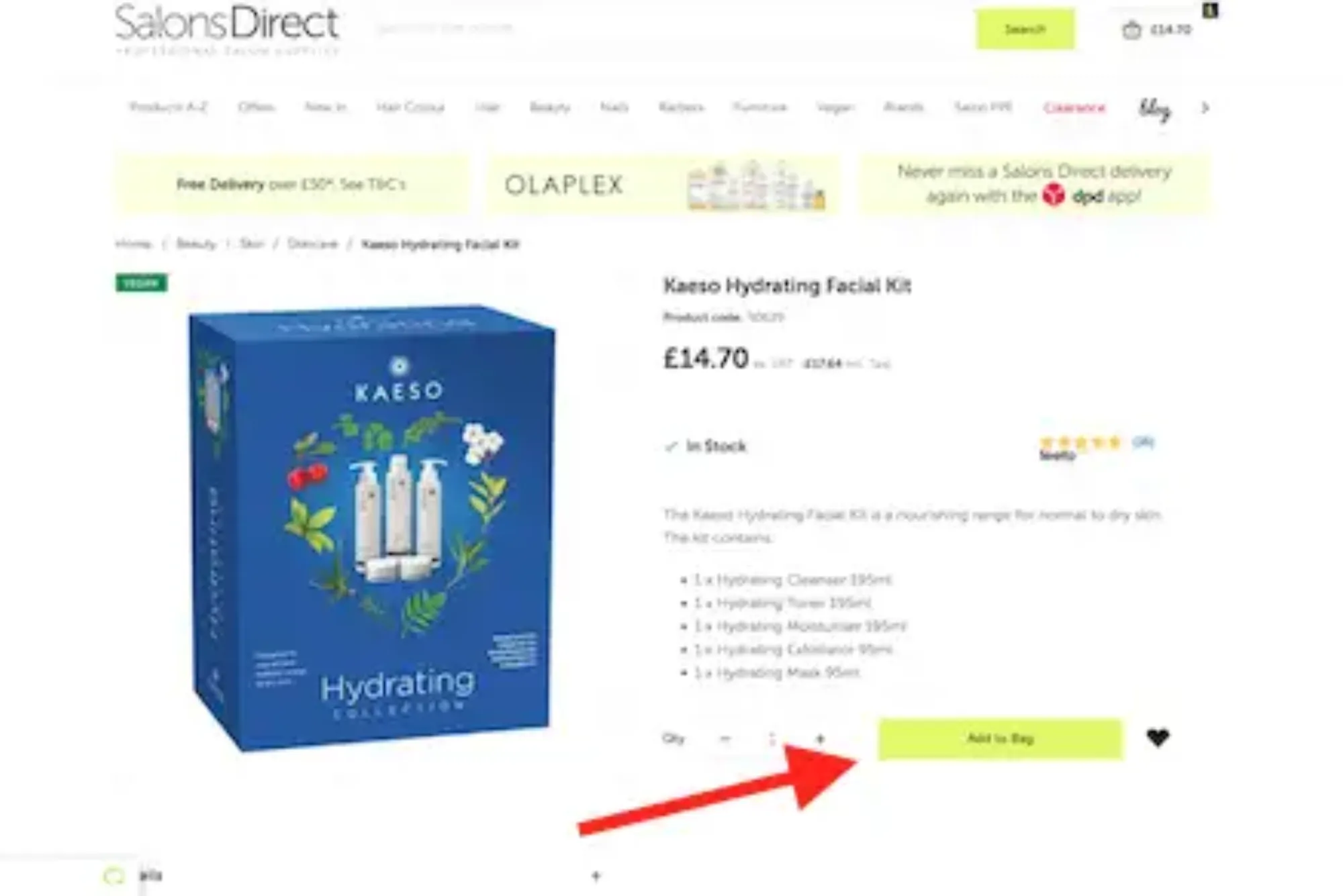The Importance of Data Security in Online Gambling
In an era where personal information is as valuable as currency, data security has become a cornerstone of any online industry—especially gambling. For players opting to use non Gamstop casinos, understanding how these platforms safeguard sensitive information is crucial. I’ve spent years navigating both Gamstop-registered and independent sites, and through firsthand experience, I can attest that the stakes are high. From identity theft to unauthorized transactions, the risks of lax security can undermine trust and even expose players to financial harm.
As a blogger and an avid online casino participant, I’ve witnessed how robust data protection measures not only shield user details but also foster a safer, more transparent gaming environment. In this article, I’ll unpack the strategies non Gamstop casinos deploy to defend your data—from encryption and secure servers to strict internal protocols. By the end, you’ll have a clear picture of what to look for when choosing a site and how leading platforms ensure your privacy remains intact.
Encryption and Secure Connections
One of the first lines of defense in data protection is encryption. Every reputable non Gamstop casino uses Secure Sockets Layer (SSL) or its successor, Transport Layer Security (TLS), to establish an encrypted channel between a player’s browser and the casino’s servers. This means that any data—login credentials, personal documents, or banking information—is scrambled before it’s transmitted, rendering it unreadable to anyone who might intercept it.
In practice, you’ll recognize this protection through the familiar padlock icon in your browser’s address bar and URLs that start with “https.” Personally, whenever I register on a new site, I look for these indicators before sharing a single detail. Beyond basic SSL certificates, some operators even implement Extended Validation (EV) certificates. These require thorough vetting of the business behind the site and display the casino’s legal entity in the address bar, offering an additional layer of transparency.
Robust Server Security and Infrastructure
Data encryption is only half the battle; the servers themselves must be fortified against breach attempts. Top independent casinos invest heavily in secure data centers with multiple redundancies. Firewalls, intrusion detection systems, and anti-DDoS (Distributed Denial of Service) mechanisms shield their infrastructure from both external attacks and system overloads.
For instance, many platforms segment their networks so that player data resides on isolated databases, separate from the game servers. This architecture ensures that even if a breach occurs in one part of the system, attackers can’t easily pivot to more sensitive information. I once toured a data center for a leading non Gamstop operator, and the sheer complexity of their layered defense strategy impressed me. It’s not just about physical security—like biometric access controls to server rooms—but also meticulous software management, with nightly vulnerability scans and patch updates.
Compliance with International Standards
While Gamstop casinos adhere to UK-specific regulations, many independent casinos aim to align with broader global standards, such as ISO/IEC 27001. This certification outlines an Information Security Management System (ISMS) framework that covers everything from risk assessments and access control to incident response planning. Achieving ISO 27001 certification is no small feat; it requires regular audits by accredited bodies and continuous improvement of security practices.
In my research, I’ve found that casinos promoting their ISO compliance often provide detailed documentation on how they handle data retention, encryption algorithms, and disaster recovery processes. This transparency builds trust—when a platform lays out its policies in a clear, accessible manner, I feel more comfortable depositing real funds.
Strict Internal Policies and Staff Training
Technology can only go so far without vigilant human oversight. Non Gamstop casinos establish strict internal policies governing who can access player data and under what circumstances. Role-based access control ensures that, for example, customer support agents can view account statuses without seeing full banking details, while only senior IT staff can administer database permissions.
Equally important is ongoing staff training. Cybersecurity threats evolve daily, and human error remains a leading cause of breaches. To counteract this, reputable operators conduct regular training sessions, phishing simulations, and knowledge refreshers for all employees. During my chats with a casino’s security team, I learned how simulated phishing emails help staff recognize suspicious requests and report them immediately—preventing potential data leaks before they occur.
Single Sign-On (SSO) and Two-Factor Authentication (2FA)
Modern security practices emphasize reducing password fatigue and boosting account security. Many non Gamstop casinos now offer Single Sign-On (SSO) integrations through trusted third parties—like Google or Apple. By leveraging the robust security frameworks of these tech giants, users benefit from their advanced threat-detection systems and familiar login experiences.
Two-Factor Authentication (2FA) adds another defensive layer. Once you enter your password, the casino sends a one-time code via SMS or a dedicated authenticator app. I’ve set up 2FA on every casino account I use; on more than one occasion, this simple step stopped a suspicious login attempt dead in its tracks. If someone manages to guess or steal your password, they still need that unique code, which typically expires after just 30 seconds.
Data Minimization and Anonymization
A principle often overlooked in data protection is collecting only what’s necessary. Non Gamstop casinos generally require identification to verify age and prevent fraud but avoid asking for superfluous information. Once verification is complete, sensitive documents are either securely stored or anonymized—personal identifiers scrubbed—reducing the liability in case of a breach.
In practical terms, this means that a casino might retain transaction records linked to a user ID but separate them from personal names or addresses. I appreciate sites that clearly state their data retention timelines—knowing that my documents won’t linger on servers indefinitely puts my mind at ease.
Monitoring, Logging, and Incident Response
Even the most impenetrable defenses can face unexpected threats. That’s why continuous monitoring and robust incident response protocols are essential. Leading platforms employ Security Information and Event Management (SIEM) systems that analyze logs in real time, flagging anomalies like unusual login patterns or large data exports.
In an actual incident, a well-prepared casino will follow a documented incident response plan: isolating affected systems, communicating transparently with regulators and players, and undertaking forensic analysis to prevent recurrence. My conversations with compliance officers at top non Gamstop sites revealed that some maintain 24/7 security operations centers to ensure rapid detection and mitigation of any threat.
Benchmarking Against top 20 betting sites uk
A good way to gauge a casino’s security posture is to compare its practices with those of the top operators in the UK market. For a curated list of reputable platforms that consistently rank high for both gaming variety and data protection, check out these top 20 betting sites uk and see how they handle encryption, licensing, and customer privacy in depth. This comparison can highlight best practices and encourage non Gamstop operators to maintain—or raise—their own security standards.
Real-World Examples of Security in Action
I recall a time when a small independent casino I used experienced a targeted login attack. Their monitoring system immediately flagged multiple failed login attempts from unfamiliar IP addresses. Within minutes, they enforced a global password reset, notified users, and published a transparent post-mortem explaining what happened and how they’re preventing future incidents. That level of openness required confidence in their internal processes and maintained player trust instead of causing panic.
In another instance, a larger operator detected suspicious file activity suggestive of malware on a development server. They took that segment offline and began restoration from clean backups, isolating the threat and avoiding any customer data exposure. These real-world scenarios highlight that strong defenses aren’t just about prevention—they’re about swift, decisive action when issues arise.
Best Practices for Players
While casinos have the lion’s share of responsibility, players can bolster their own security. Always use unique, complex passwords for each site—password managers are invaluable here. Enable 2FA wherever offered, and keep your personal devices updated with the latest security patches. Finally, avoid sharing your login details with anyone and beware of phishing attempts masquerading as casino communications.
Looking Ahead: The Future of Casino Data Protection
As technology evolves, so too will data protection strategies. Blockchain-based identity verification, for instance, promises secure, tamper-proof verification without centralized data storage. Artificial intelligence will further enhance real-time threat detection, learning to spot ever-more-sophisticated attack patterns. I’m excited to see how these advancements trickle down to non Gamstop casinos, elevating their security to meet—and perhaps exceed—traditional regulatory expectations.
Conclusion
Non Gamstop casinos employ a multi-layered approach to protect player data: robust encryption, fortified server infrastructures, compliance with international standards, strict internal protocols, and proactive incident response. As platforms benchmark themselves against UK leaders—like those in the top 20 betting sites uk—they drive continuous improvement. For players, staying informed and practicing good security hygiene ensures a safer, more enjoyable gaming experience.
By understanding these measures and choosing operators who prioritize data security, you can enjoy your favourite casino games with confidence, knowing your personal information remains in safe hands.









